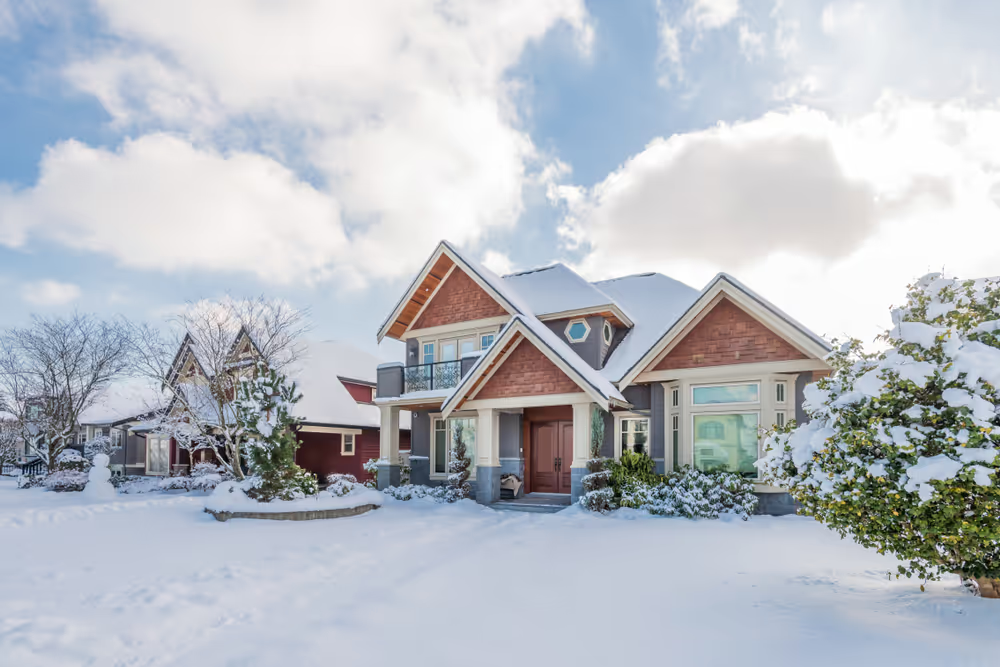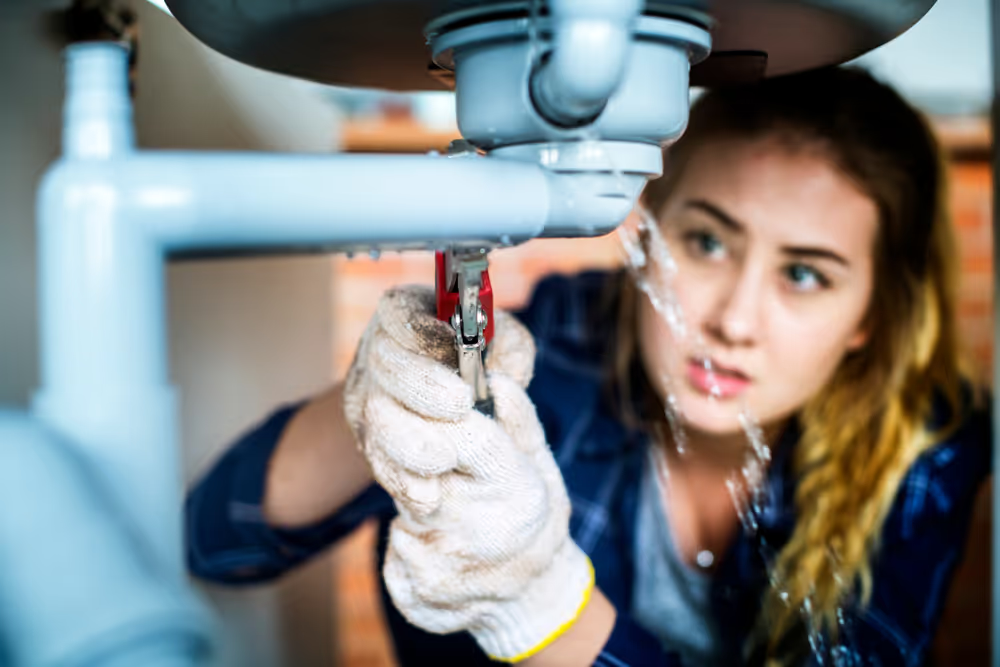Damage to Your Home in the Winter Months
As it gets colder outside, there’s a great chance your home could face damage during these winter months.

As it gets colder outside, there’s a great chance your home could face damage during these winter months. Freezing temperatures and winter weather can place strain on the more vulnerable areas of your house’s structure, plumbing, and HVAC systems. It’s important to not only be aware of potential risks but to also take precautions to prevent any significant issues to your home.
When temperatures dip below freezing, there’s potential for the pipes in your house to freeze and even burst. Burst pipes can cause leaks or flooding throughout your home leading to significant water damage. Leaving water damage untreated contributes to the growth of mold, putting you and your family at risk for health problems. Before it gets too cold outside, make sure that your pipes are all in good condition and well-insulated against the cold. This will help minimize the threat of burst pipes.
Another potential source of damage occurs when snow and ice build up around your home or on the roof. The additional pressure of heavy snow can wreak havoc on the structure of your house, causing cracks in the foundation, siding, and around windows or doors. When water gets into these cracks and freezes, it creates gapping and pushes the material apart. If this occurs around windows and doors, the gaps will allow cold air into your home, forcing your HVAC system to work in overdrive, while raising your utility bills. Prevent this from happening by reasonably removing any snow or ice from you roof or around the outside of your house. Pay close attention to any cracks in the caulk around windows and doors and reapply when necessary to keep water or cold winter air from getting inside.
Other areas at risk of damage in the colder months include gutters and your chimney. Water and ice buildup in your gutters can cause leaks that spill over into walls and ceilings. Always make sure that your gutters are clear and free from debris that could obstruct water flow. While made to withstand outdoor conditions, your chimney is not immune to damage caused by extreme weather. Cold weather forces the mortar between chimney breaks to contract, which leads to cracking, and can ultimately cause your chimney to fail.
Take care of your home this winter season by being aware of, and watching for signs of, potential cold weather damage. If you notice early signs of damage, contact Rocky Top Restoration for any services or repairs you need. Our experienced team is here to serve you 24/7 and is fully certified to aid in any of your home construction, water mitigation, fire damage restoration, or mold remediation problems. Call us at (865) 440-7449 or visit our website to find out how we can assist you and keep your home running problem-free this winter!
Need Immediate Help?
We Are Available 24/7!




